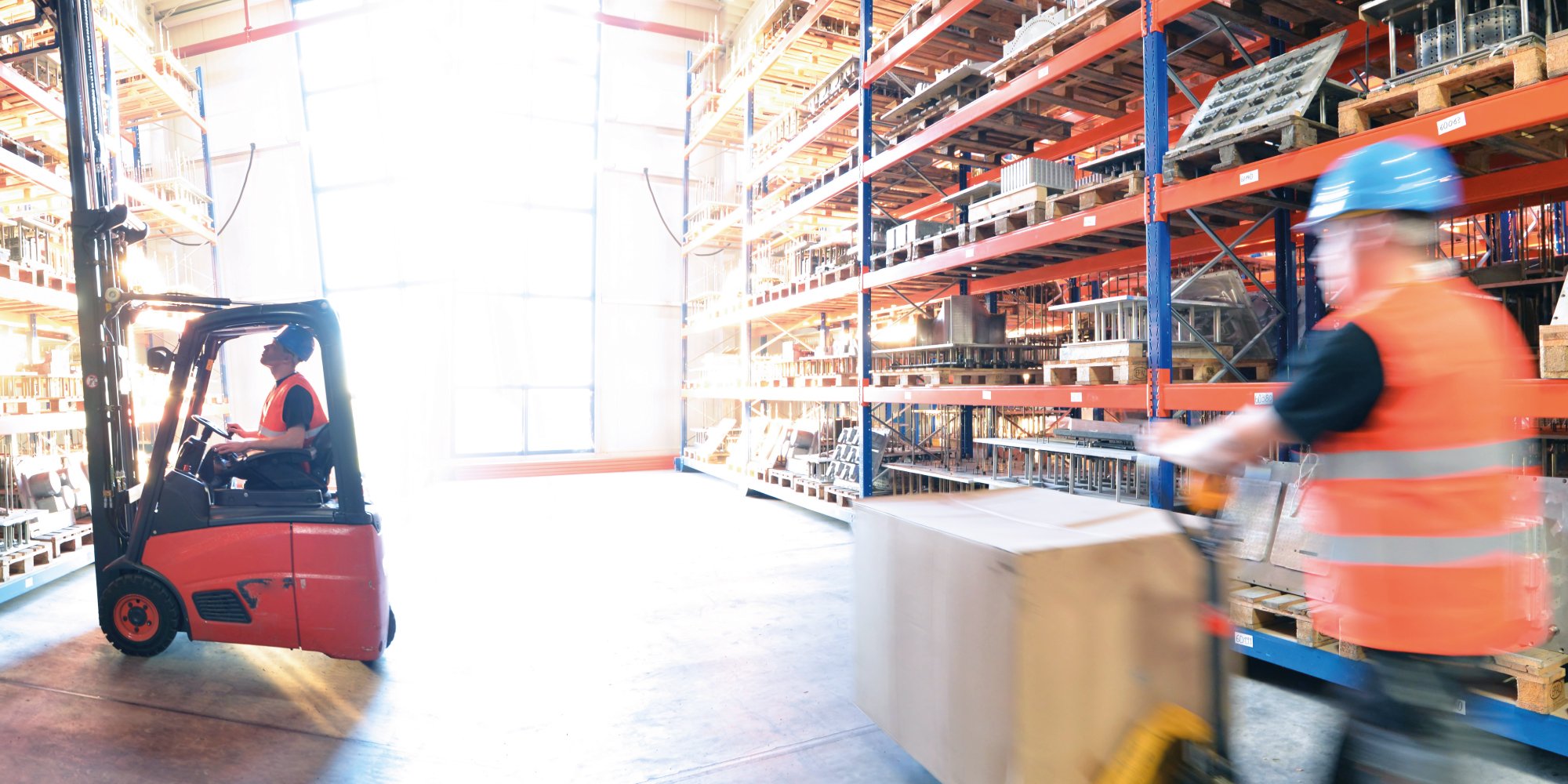Logistics is a very large and complex area of business. It is essential to ensuring a company’s operations efficiency, and its level of precision, optimization and reliability can significantly contribute to the business success.
Contrarily to what might be thought, logistics does not simply deal with the transport of goods but embraces a much wider scope. The processes that make up logistics are also influenced and affect many other business areas.
According to the definition given by the Council Of Supply Chain Management Professionals (CSCMP, formerly known as Council Of Logistics Management), "Logistics management is that part of supply chain management that plans, implements, and controls the efficient, effective forward and reverses flow and storage of goods, services and related information between the point of origin and the point of consumption in order to meet customers' requirements. "
In this article we will try to delve into what company logistics deals with and how logistics can be subdivided according to the areas involved and the objectives to be pursued.
What does logistics deal with?
Logistics is a highly articulated set of processes that embraces and integrates with different business areas, including purchasing, marketing, manufacturing, sales, finance and information technology.
According to the CSCMP, logistics management activities typically include inbound and outbound intermodal transportation management, fleet management, warehousing, material handling, order fulfillment, logistics network design, inventory, supply/demand planning and management of third party logistics service providers.
To varying degrees, the logistics function can also include sourcing and procurement, production planning and scheduling, packaging and assembly, and customer service.
Inbound, internal, outbound and reverse logistics
Given the breadth of its scope, it is possible to subdivide logistics according to the process it deals with and where it is inserted within the industrial framework. We will therefore talk about:
-
inbound logistics
-
internal logistics and warehouse logistics
-
distribution logistics, also known as transport logistics or outbound logistics
-
return logistics, or reverse logistics
Inbound logistics deals with transporting physical goods from suppliers to the company, managing the warehouse, managing relations with suppliers and checking stocks of raw materials and parts. It is responsible for ensuring certain and rapid times, in addition to safety in transport and the optimization of loads and routes.
Internal logistics concerns the sorting of materials, personnel or information within the respective departments; it deals with moving and planting the flows of material within the company.
The goal of internal logistics is to organize and manage stocks in an orderly and efficient manner to allow regular production and so that distribution on the market does not affect the company budget and product quality.
Transport logistics deals with the management of the distribution network of goods to the reference market. The fundamental goal is to allow the product to reach the customer in compliance with service level agreements, ensuring speed and punctuality, maximizing transport efficiency and minimizing costs.
Reverse logistics finally deals with the recovery of returns, their transport and sorting.
Integrated logistics
Integrated logistics is an approach that aims at centralizing the planning and control of all logistics activities and integrating them with the various company functions, with the aim of exploiting synergies, optimizing processes, reducing costs and maximizing efficiency.
The effective implementation of an integrated logistics model makes it possible to bring significant benefits to the entire supply chain, gaining a competitive advantage, but requires the company management to be able to consider logistics as a key element of the value chain, rather than as a mere cost item.
Micrologistics
It is also worth mentioning a type of logistics that was born and has developed rapidly in recent years, also in function of the rapid growth of e-commerce, namely micrologistics.
This type of logistics initially concerned shipments between individuals and subsequently expanded to serve the needs of small and micro businesses, which need to ship or collect their products to multiple destinations but with low volumes and which cannot afford the costs and the structure of an industrial logistic system.
This type of activity was mainly taken over by express couriers (or Couriers) who, operating mainly by air, offer a fast service for small packages all over the world and who have extended their service portfolio to cover also the activities of collection, temporary storage, custom assembly, professional packaging, preparation of transport and shipping documents, customs clearance and returns management.





.jpg)
